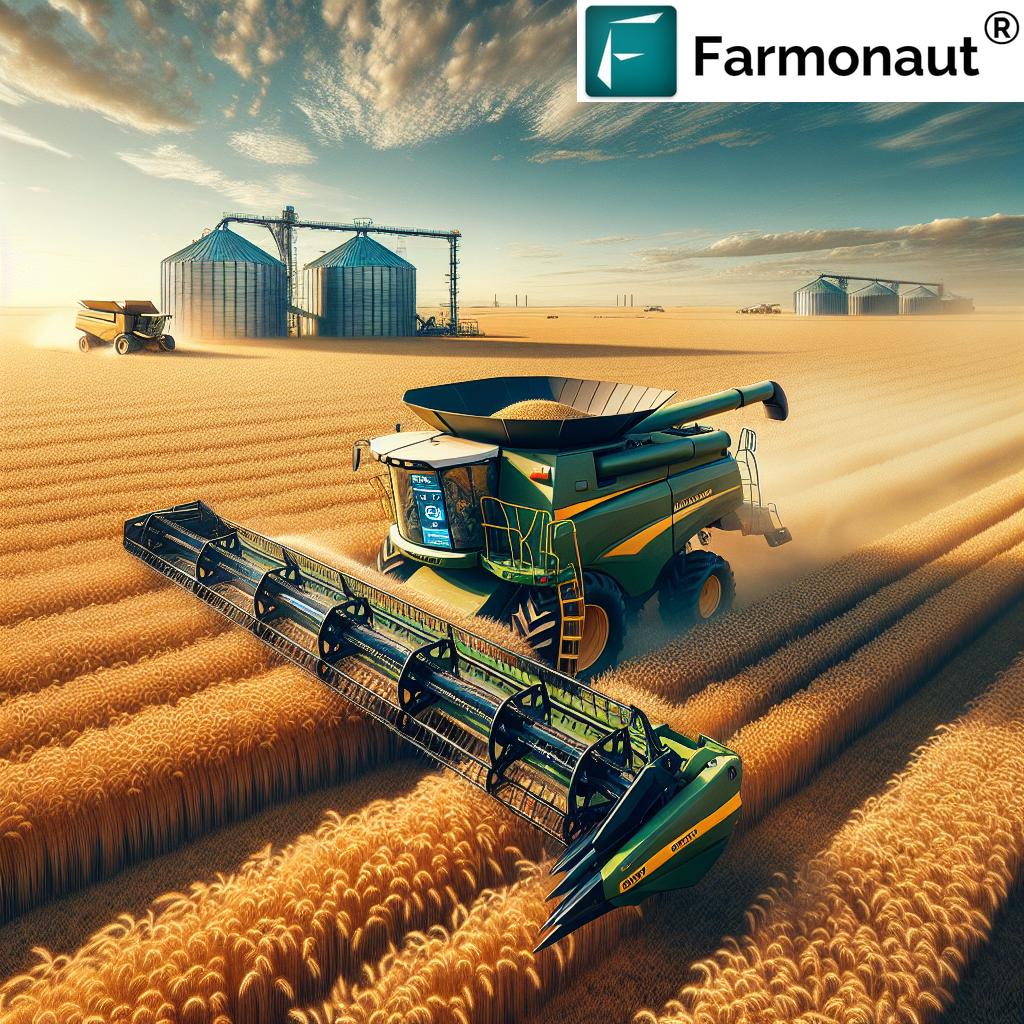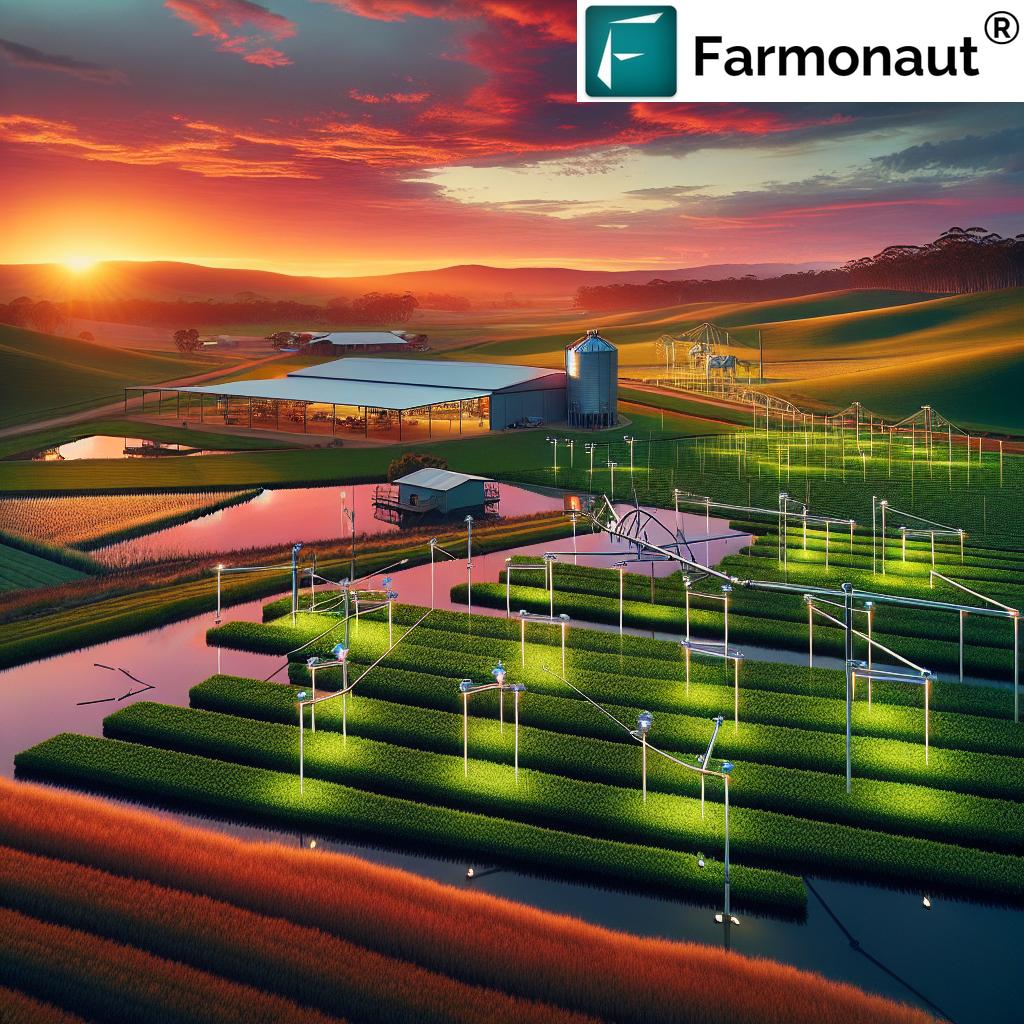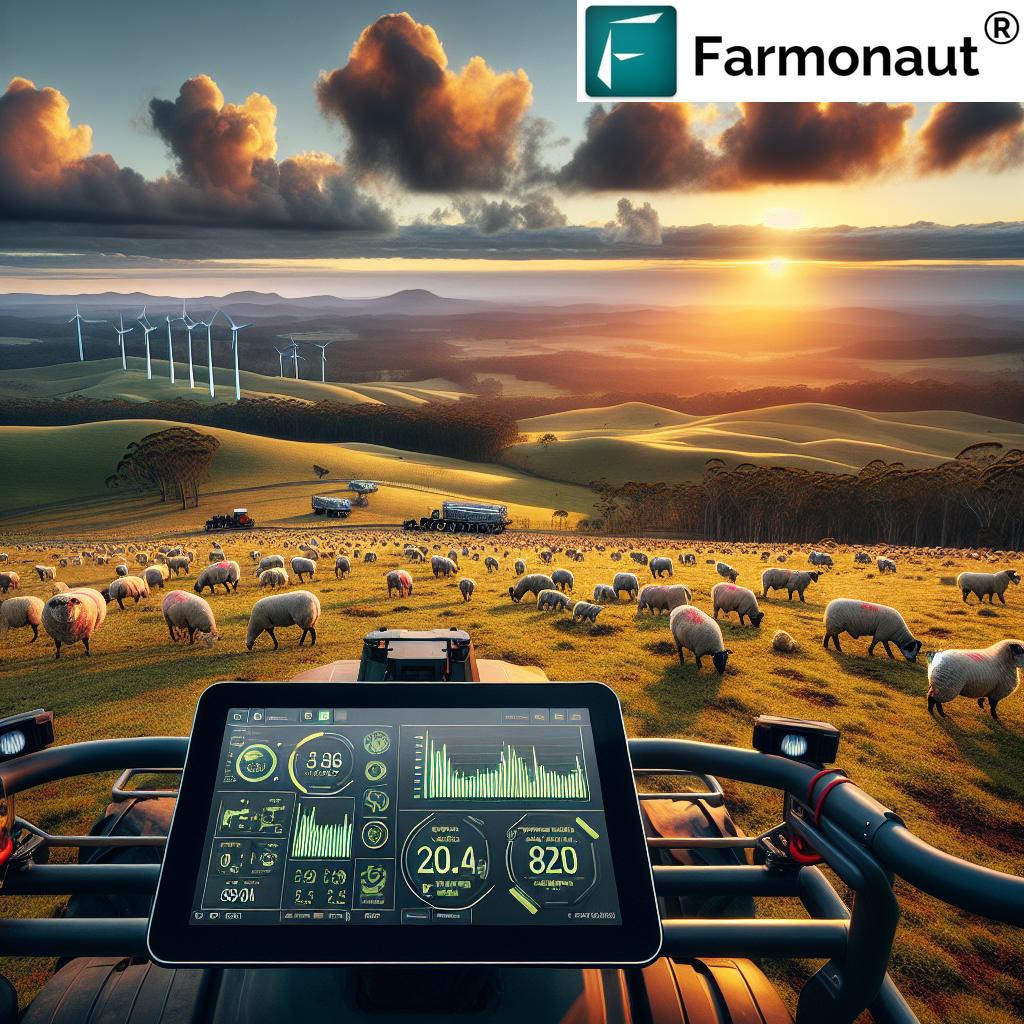Suffolk Sheep Revival: Queensland’s Agricultural Show Spotlights 120-Year Legacy and Youth Engagement
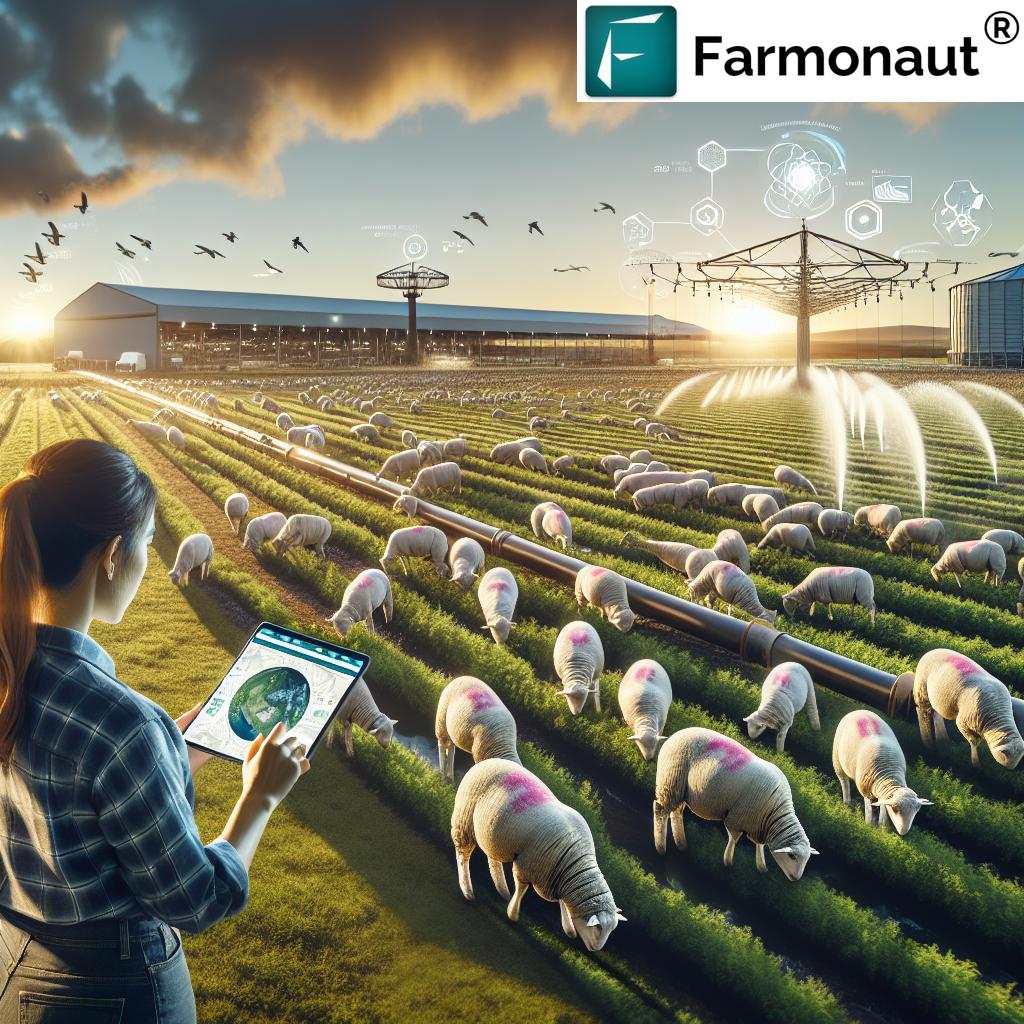
“Suffolk sheep breeding celebrates a 120-year legacy at the Royal Queensland Show, showcasing its importance in sustainable farming.”
Welcome to our comprehensive exploration of the Suffolk sheep revival taking center stage at Queensland’s prestigious agricultural show. As we delve into this exciting resurgence, we’ll uncover how this iconic breed is shaping the future of Australian agriculture and captivating a new generation of farmers and enthusiasts.
The Royal Queensland Show: A Celebration of Suffolk Excellence
The Royal Queensland Show, affectionately known as the “Ekka,” has become the epicenter of a remarkable Suffolk sheep revival. This year’s event marks a significant milestone, commemorating 120 years of Suffolk sheep breeding in Australia. The show has transformed into a vibrant showcase of agricultural innovation, with Suffolk sheep taking the spotlight as the primary breed on display.
As we witness this resurgence, it’s essential to understand the broader context of the agricultural industry trends that are driving this renewed interest in Suffolk sheep. Farmers, breeders, and agricultural enthusiasts from across the nation have flocked to Queensland to witness firsthand the impact of this revival on sustainable sheep farming practices.
Suffolk Sheep: A 120-Year Legacy of Excellence
The Suffolk breed’s journey in Australia is a testament to its resilience and adaptability. Introduced to the continent in the early 1900s, these distinctive black-faced sheep quickly gained popularity for their exceptional meat quality and robust constitution. Over the decades, Suffolk sheep have played a pivotal role in shaping the Australian lamb industry, contributing to the country’s reputation for producing some of the world’s finest quality lamb.
At the Royal Queensland Show, we’re witnessing a celebration of this rich history, with exhibitions and presentations highlighting the breed’s evolution and its continued relevance in modern agriculture. The event serves as a platform for Suffolk sheep breeders to showcase their finest stock, demonstrating the results of decades of careful breeding and genetic improvement.
Youth Engagement: Fostering the Next Generation of Agricultural Experts
“Over 200 students participate in junior judging at the agricultural show, fostering the next generation of livestock experts.”
One of the most inspiring aspects of this year’s show is the strong focus on youth in agriculture. The event has attracted over 200 students who are participating in junior judging competitions, gaining hands-on experience in livestock evaluation and management. This impressive turnout underscores the growing interest among young people in agricultural careers and the vital role they will play in shaping the future of the industry.
We’ve had the opportunity to speak with several young participants, and their enthusiasm for Suffolk sheep and sustainable farming practices is palpable. Many of these students are part of agricultural programs in schools across Queensland and interstate, representing a new wave of informed and passionate future farmers.
The Role of AgTech in Suffolk Sheep Management
As we explore the various exhibits at the show, it’s impossible to ignore the significant role that agricultural technology (AgTech) is playing in modern sheep farming. The integration of satellite technology in agriculture and precision farming for livestock has revolutionized the way Suffolk sheep are managed and bred.
One of the standout technologies we’ve seen demonstrated is Farmonaut’s advanced farm management solution. This innovative platform leverages satellite imagery and AI to provide real-time insights into pasture health, helping sheep farmers optimize grazing patterns and improve overall flock management.
Farmers we’ve spoken to at the show are particularly excited about the potential of these technologies to enhance productivity while promoting sustainable farming practices. The ability to monitor large areas of grazing land remotely and make data-driven decisions is transforming the industry.
Sustainable Sheep Farming: A Core Focus
Sustainability is a recurring theme throughout the Royal Queensland Show, reflecting broader trends in the livestock industry. Suffolk sheep, with their efficient feed conversion and adaptability to various environments, are being showcased as an ideal breed for sustainable farming practices.
Exhibitions at the show are highlighting innovative sheep farming techniques that prioritize environmental stewardship alongside productivity. These include rotational grazing systems, water conservation methods, and the integration of sheep farming with regenerative agriculture practices.
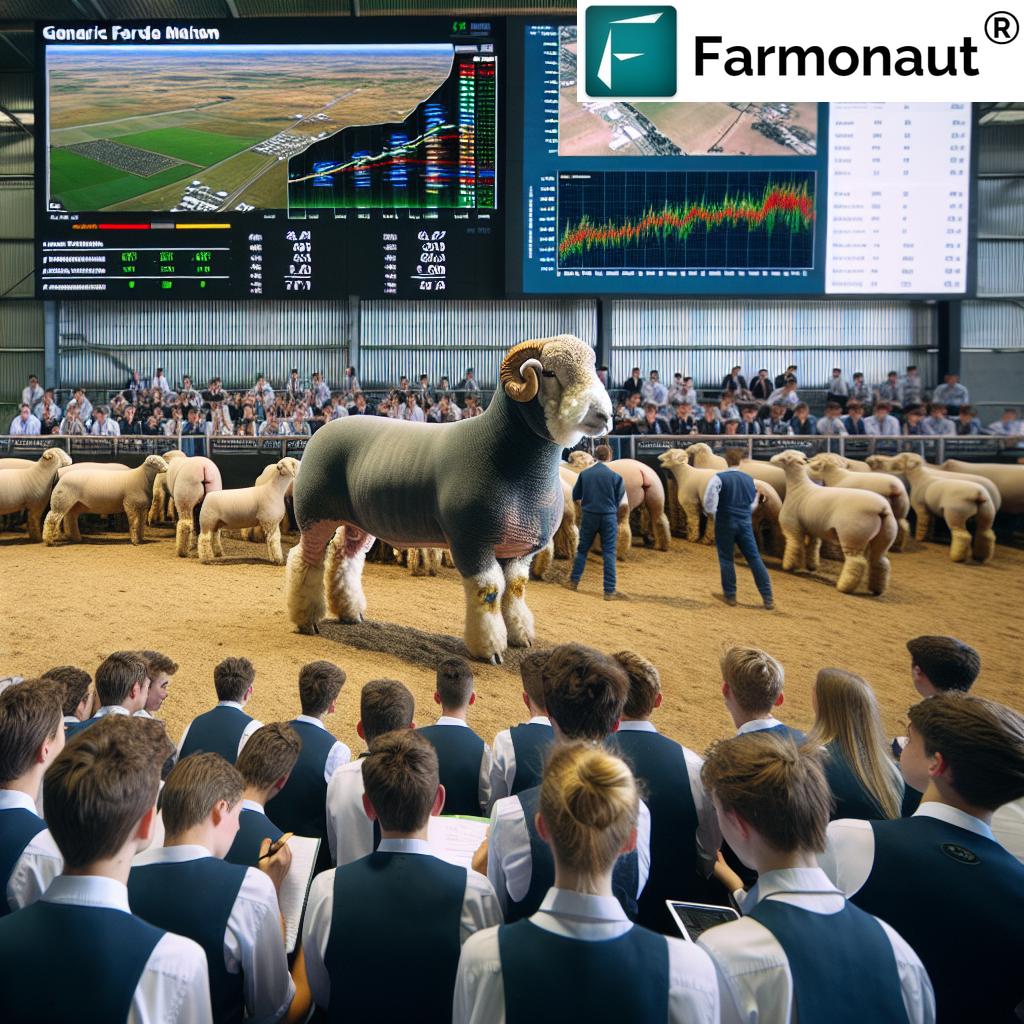
The Impact of AgTech on Suffolk Sheep Management
The integration of advanced agricultural technologies is playing a crucial role in the resurgence of Suffolk sheep breeding. At the Royal Queensland Show, we’ve seen firsthand how agtech for sheep management is revolutionizing the industry. Let’s explore some of the key technological advancements that are making a significant impact:
- Satellite-Based Pasture Monitoring: Platforms like Farmonaut are providing farmers with real-time data on pasture health and growth rates. This information allows for more efficient grazing management and helps prevent overgrazing.
- AI-Powered Health Monitoring: Advanced imaging and AI algorithms are being used to detect early signs of health issues in sheep, enabling prompt intervention and reducing the need for antibiotics.
- Precision Feeding Systems: Automated feeding systems that adjust nutrient delivery based on individual sheep needs are optimizing feed efficiency and improving overall flock health.
- Genetic Mapping Tools: DNA testing and genetic mapping are helping breeders make more informed decisions, accelerating the process of enhancing desirable traits in Suffolk sheep.
These technological advancements are not only improving productivity but also contributing to more sustainable and ethical farming practices. The adoption of these technologies is a key factor in the renewed interest in Suffolk sheep breeding.
Agricultural Education Programs: Bridging Theory and Practice
The Royal Queensland Show has put a strong emphasis on agricultural education programs, recognizing the critical role they play in shaping the future of the industry. We’ve had the opportunity to explore various educational initiatives that are making a significant impact:
- Hands-On Workshops: Students are participating in practical workshops covering topics such as sheep shearing, wool classing, and lambing techniques.
- Interactive Technology Demonstrations: AgTech companies are providing demonstrations of their latest tools, giving students hands-on experience with cutting-edge farming technologies.
- Mentorship Programs: Experienced Suffolk breeders are paired with young enthusiasts, providing guidance and sharing invaluable industry knowledge.
- Career Guidance Sessions: Seminars and panel discussions are highlighting the diverse career opportunities within the agricultural sector, from farm management to agricultural science and technology.
These educational initiatives are crucial in ensuring a steady influx of skilled and knowledgeable professionals into the Suffolk sheep industry and the broader agricultural sector.
The Economic Impact of the Suffolk Sheep Revival
The resurgence of Suffolk sheep breeding is having a notable economic impact on Queensland and the broader Australian agricultural sector. Let’s examine some key economic indicators:
- Export Growth: The demand for high-quality Suffolk lamb in international markets has seen a steady increase, boosting export revenues.
- Job Creation: The revival has led to increased employment opportunities across the supply chain, from farm hands to processing plant workers.
- Agricultural Tourism: Events like the Royal Queensland Show are attracting visitors from across the country, contributing to local economies.
- Investment in AgTech: The focus on technological integration in sheep farming has spurred investment in agricultural technology startups and research initiatives.
This economic boost underscores the importance of supporting and nurturing traditional agricultural practices while embracing innovation.
Challenges and Opportunities in Suffolk Sheep Farming
While the revival of Suffolk sheep breeding presents numerous opportunities, it also comes with its share of challenges. Through our conversations with farmers and industry experts at the show, we’ve identified several key areas of focus:
Challenges:
- Climate Variability: Adapting to changing weather patterns and extreme climate events remains a significant challenge for sheep farmers.
- Market Fluctuations: Global economic factors can impact demand and prices for Suffolk lamb, requiring farmers to be agile in their business strategies.
- Biosecurity: Maintaining high standards of animal health and preventing the spread of diseases is an ongoing concern.
- Succession Planning: Ensuring the transfer of knowledge and farms to the next generation of farmers is crucial for the industry’s long-term sustainability.
Opportunities:
- Niche Market Development: There’s potential to further develop premium markets for Suffolk lamb, both domestically and internationally.
- Technological Integration: Continued adoption of AgTech solutions can lead to significant improvements in productivity and sustainability.
- Cross-Breeding Programs: Suffolk sheep’s desirable traits offer opportunities for innovative cross-breeding programs to develop new, robust sheep varieties.
- Agri-Tourism: The growing interest in farm experiences presents opportunities for Suffolk sheep farms to diversify their income through tourism activities.
Addressing these challenges and capitalizing on the opportunities will be crucial for the continued success of the Suffolk sheep industry in Australia.
The Role of Research and Development
Research and development play a pivotal role in the ongoing success of Suffolk sheep breeding. At the Royal Queensland Show, we’ve seen several exciting research initiatives that are shaping the future of the industry:
- Genetic Research: Scientists are working on identifying genes responsible for desirable traits such as disease resistance and meat quality, paving the way for more targeted breeding programs.
- Nutrition Studies: Research into optimal feed compositions is helping improve the efficiency of Suffolk sheep growth and the quality of their meat and wool.
- Environmental Impact Assessments: Studies are being conducted to measure and minimize the environmental footprint of sheep farming, aligning with global sustainability goals.
- Technology Development: Collaborations between universities and tech companies are resulting in new tools for sheep management, from wearable health monitors to AI-powered grazing optimization systems.
These research efforts are essential in ensuring that Suffolk sheep farming remains at the forefront of agricultural innovation and continues to meet evolving market demands.
The Global Perspective: Suffolk Sheep in the International Market
While our focus has been on the revival of Suffolk sheep in Queensland, it’s important to consider the breed’s position in the global market. The Royal Queensland Show has attracted international visitors and buyers, highlighting the worldwide appeal of Suffolk sheep:
- Export Demand: Australian Suffolk lamb is highly sought after in markets across Asia, the Middle East, and Europe, known for its exceptional quality and flavor.
- Genetic Exports: Australian Suffolk breeding stock and genetic material are in demand internationally, contributing to the improvement of flocks worldwide.
- Knowledge Exchange: The show has facilitated international knowledge sharing, with farmers and researchers from different countries exchanging ideas and best practices.
- Global Sustainability Initiatives: Australian Suffolk sheep farmers are participating in global sustainability programs, showcasing their commitment to environmentally responsible farming practices.
This global perspective underscores the importance of the Suffolk sheep revival not just for Queensland or Australia, but for the international agricultural community as a whole.
The Future of Suffolk Sheep Breeding: Trends and Predictions
As we look to the future, several trends and predictions emerge for the Suffolk sheep industry:
- Increased Automation: We expect to see greater adoption of automated systems for feeding, health monitoring, and even shearing, reducing labor costs and improving efficiency.
- Data-Driven Breeding: The use of big data and AI in breeding decisions will become more prevalent, leading to faster genetic improvements and more targeted trait development.
- Sustainable Packaging: There’s likely to be a push towards more eco-friendly packaging solutions for Suffolk lamb products, meeting consumer demands for sustainability throughout the supply chain.
- Vertical Integration: More Suffolk sheep farmers may engage in vertical integration, taking control of processing and direct marketing to increase profitability and ensure quality control.
- Climate Resilience: Breeding programs will increasingly focus on developing Suffolk sheep lines that are more resilient to climate change and extreme weather events.
These trends paint an exciting picture of a dynamic and innovative future for Suffolk sheep breeding in Australia.
Farmonaut: Empowering Suffolk Sheep Farmers with Cutting-Edge Technology
In the context of this Suffolk sheep revival, it’s worth highlighting how Farmonaut’s advanced agricultural solutions are particularly relevant to sheep farmers. Our platform offers several features that can significantly benefit Suffolk sheep breeders and farm managers:
- Satellite-Based Pasture Monitoring: Our real-time crop health monitoring system can be adapted for pasture management, helping farmers optimize grazing rotations and maintain healthy grasslands for their Suffolk flocks.
- AI-Powered Advisory: The Jeevn AI system can provide personalized recommendations for sheep farm management, taking into account factors such as weather patterns, soil conditions, and flock health data.
- Resource Management Tools: Our platform’s resource management features can help sheep farmers track and optimize their use of feed, water, and other crucial resources.
- Weather Forecasting: Accurate, localized weather predictions can assist farmers in planning crucial activities such as shearing, lambing, and pasture rotation.
By leveraging these technologies, Suffolk sheep farmers can enhance their productivity, improve sustainability, and make more informed decisions in their day-to-day operations.
Suffolk Sheep Revival: Key Statistics and Trends
| Metric | Historical Data (est. 1900s) | Current Data (2023) | Trend |
|---|---|---|---|
| Number of registered Suffolk breeders in Queensland | 25 | 150 | ↑ Increasing |
| Average flock size | 50 | 200 | ↑ Increasing |
| Wool production (kg per sheep) | 3.5 | 4.2 | ↑ Slight Increase |
| Meat yield (kg per sheep) | 18 | 25 | ↑ Increasing |
| Youth participation in Suffolk sheep events | 10 | 200+ | ↑ Significant Increase |
| Adoption rate of agtech in Suffolk sheep farming (%) | 0 | 65 | ↑ Rapid Increase |
| Market value of Suffolk sheep (AUD) | 15 | 250 | ↑ Significant Increase |
| Suffolk sheep exports (head count) | 100 | 5000 | ↑ Substantial Increase |
Conclusion: A Bright Future for Suffolk Sheep in Australian Agriculture
As we conclude our exploration of the Suffolk sheep revival at the Royal Queensland Show, it’s clear that this resurgence is more than just a trend – it’s a testament to the enduring value of this remarkable breed and the innovative spirit of Australian farmers.
The celebration of Suffolk sheep’s 120-year legacy in Australia, coupled with the enthusiastic participation of youth in agricultural events, paints a picture of an industry that is both honoring its roots and embracing the future. The integration of cutting-edge agtech solutions, sustainable farming practices, and a renewed focus on quality breeding is positioning Suffolk sheep at the forefront of modern agriculture.
As we look to the future, the Suffolk sheep industry in Australia stands poised for continued growth and innovation. With the support of advanced technologies, dedicated breeders, and a new generation of passionate young farmers, Suffolk sheep are set to play a crucial role in shaping the future of sustainable and productive agriculture in Australia and beyond.
We at Farmonaut are excited to be part of this agricultural revolution, providing tools and insights that empower farmers to make the most of their Suffolk sheep operations. Together, we’re building a more sustainable, efficient, and prosperous future for Australian agriculture.
FAQs
- Q: What makes Suffolk sheep unique in the Australian agricultural landscape?
A: Suffolk sheep are known for their excellent meat quality, adaptability to various climates, and efficient feed conversion. They have played a significant role in Australia’s lamb industry for over 120 years. - Q: How is technology changing Suffolk sheep farming?
A: Technology like satellite-based pasture monitoring, AI-powered health tracking, and precision feeding systems are revolutionizing Suffolk sheep management, improving efficiency and sustainability. - Q: What opportunities exist for young people in Suffolk sheep farming?
A: There are numerous opportunities in breeding, farm management, agricultural technology, research, and marketing. The industry’s focus on youth engagement is creating pathways for the next generation of agricultural experts. - Q: How does Suffolk sheep farming contribute to sustainable agriculture?
A: Suffolk sheep are well-suited to sustainable farming practices such as rotational grazing. Their efficient feed conversion and adaptability contribute to reduced environmental impact. - Q: What is the global demand for Australian Suffolk sheep and lamb?
A: Australian Suffolk lamb is highly sought after in international markets, particularly in Asia, the Middle East, and Europe, due to its high quality and flavor profile.
For more information on how Farmonaut can support your agricultural operations, visit our API page or check out our API Developer Docs.












